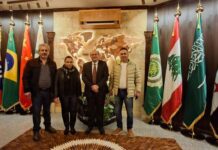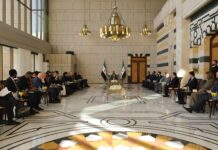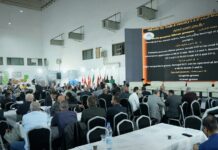An Interview with Fatima Muhammad, Uyghur Muslim in Exile
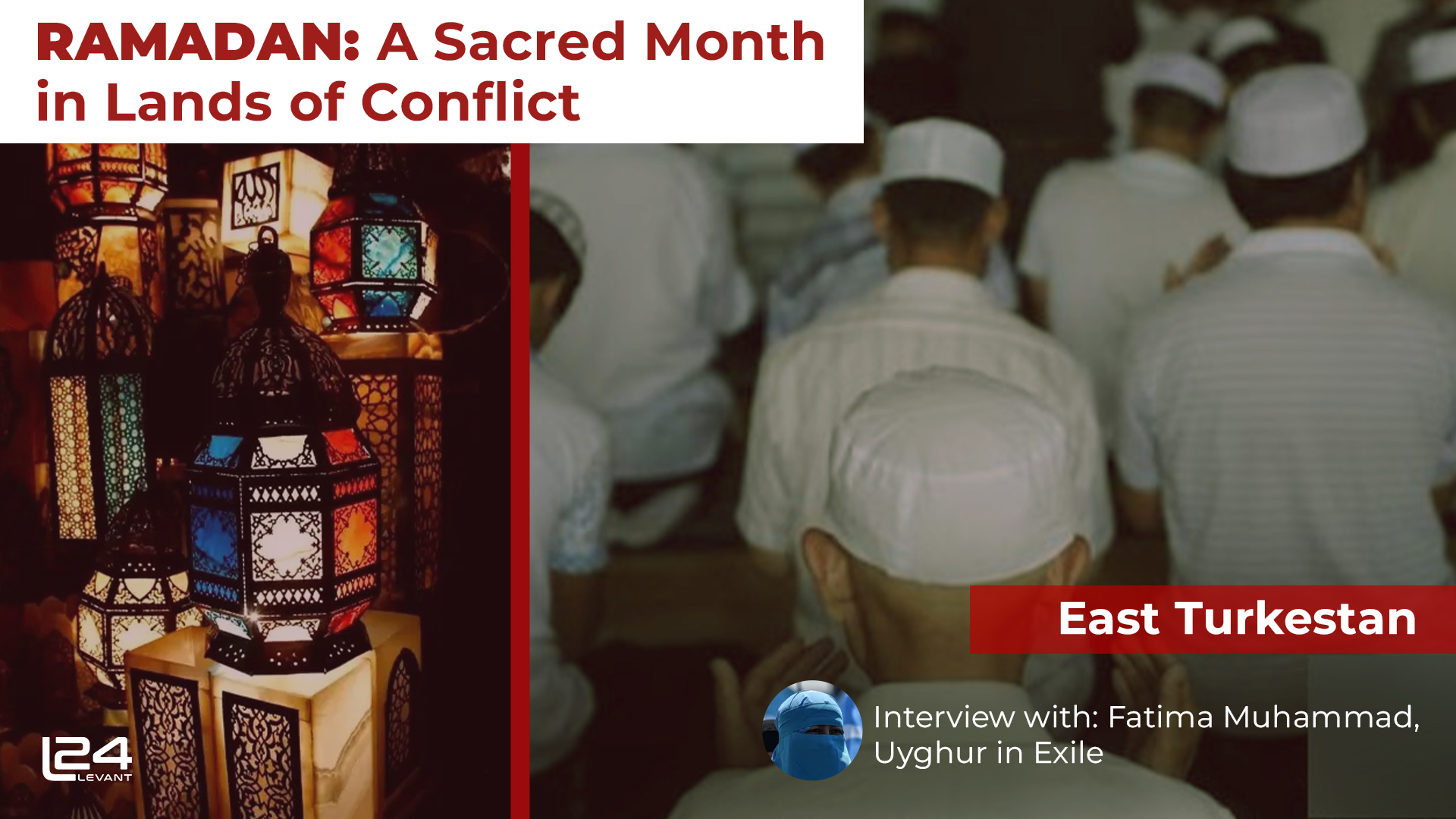
In 1949 East Turkestan came under Chinese communist control. Under Chinese rule, the Uyghur identity and culture have faced suppression, leading to ongoing resistance against occupation. While Chinese policies targeting Uyghur identity have sparked international concern little progress has been made to confront the Uyghur genocide, including mass detentions in “reeducation centers” and concentration camps alongside extreme religious and cultural suppression. L24 spoke with Fatima Muhammad, a Uyghur now living in exile in the West, her husband, relatives, and homeland have been swallowed up by the repressive Chinese state and policies. Fatima spoke with L24 explaining what life has been like for her people and her family.
_______________________________
L24: Can you tell us briefly about yourself and the current situation for the Muslims in East Turkestan?
Fatima Muhammad: “I am Fatima Muhammad, and I am 58 years old. I am from Ghulja, East Turkestan. I left my country with my husband and two children in 1999 and settled in the West. My husband and I, along with my children, decided to go back to East Turkestan in 2014 to retrieve our money from our businesses there. But because of the oppressive Chinese policies against the Uyghur Muslims, we were not able to do anything.
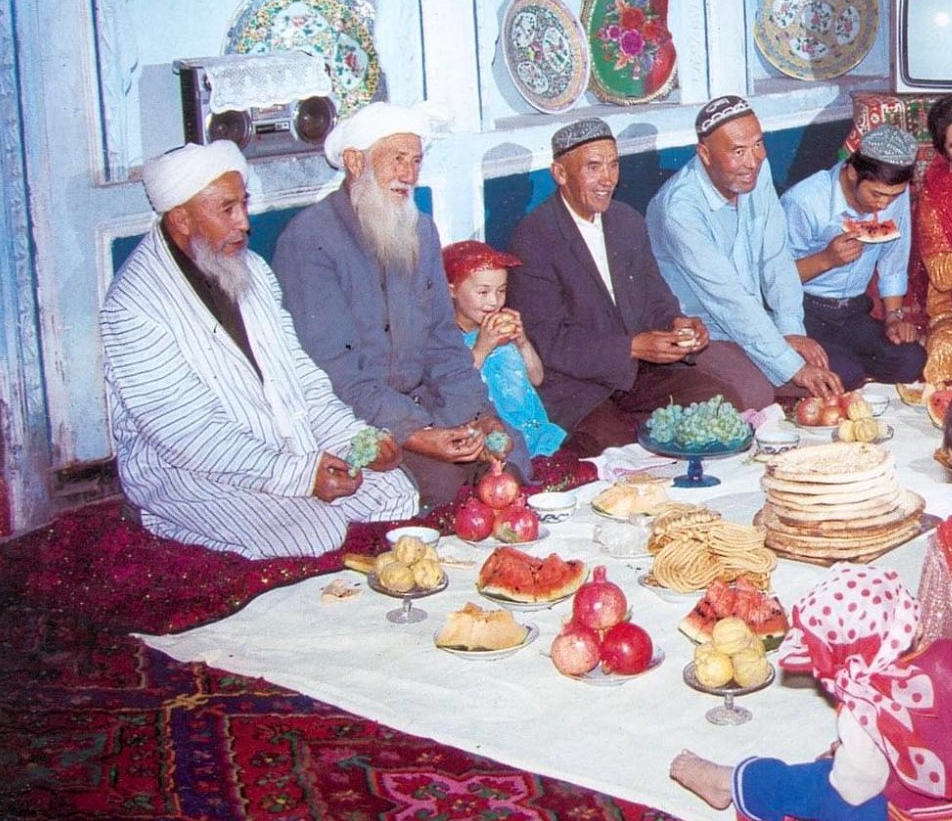
“We were not able to retrieve money from our businesses, nor were we able to sell our own house. Due to all the restrictions, we were forced to leave once again. Two days before we were going to leave East Turkestan, the Chinese regime took my husband’s passport, and he was unable to leave with us. To this day, he is still there. We don’t have any contact with him, and we don’t even know if he is alive or not.”
L24: What was Ramadan like in East Turkestan, before the Chinese occupation, what does it mean to Uighurs and how do you normally observe the blessed month and Eid? How have things changed since the Chinese occupation?
Fatima Muhammad: “When I was a child in the 1970s, there was no Ramadan – this was during Mao’s rule of occupied East Turkestan. In fact, we didn’t know anything about our religion. We didn’t even know who our Prophet Muhammad ﷺ was. Only the elderly would pray once a day, and we didn’t even know the meaning of bismillah (“in the name of Allah”). There were no mosques, there were no Islamic greetings, and there were almost no traces of Islam left.
“All we knew was that we were Muslims, and that’s it. My grandparents and the elders knew a little about Islam, but they wouldn’t teach the youth because they were afraid of the Chinese regime. From my childhood, I still clearly remember some of the anti-Islam policies the Chinese regime imposed upon us Uyghur Muslims, such as when they installed a radio player in every home for free and they would air communist programs that praised Mao Zedong three times a day.
“I now know that they aired these programs during prayer time. They destroyed many masjids (mosques), and the masjids that they didn’t destroy, they would convert into a pig farm and have the Imam of the masjid look after them. When I was in school, they had already changed our Uyghur alphabet for the third time, so our parents didn’t know the alphabet we were learning, and we didn’t know theirs. From before I was even born until now, the Chinese government’s goal has always been to eradicate our religion, Islam, and our Uyghur culture.

“After Mao’s death, the new government started to change their policy in East Turkestan a little bit, the translation of the Quran into Uyghur language came out in 1987, and we started to gradually understand our deen (religion). Since then, until 2014, Muslims in East Turkestan have observed fasting during Ramadan, but it was mainly the elderly. Those who worked in government-controlled facilities were not allowed to fast. Since the escalation of the Chinese regime’s oppressive policies against the Uyghurs in 2014 until today, Islam is not allowed to be practiced in any way, let alone fasting during Ramadan.
“Ramadan is important to Uyghur Muslims, as they know it is one of the five pillars of Islam. Before the Uyghurs were banned from fasting, they observed the fast like other Muslims around the globe. They would get together with their family and friends and have iftar (a meal to break the fast) together. They celebrated Eid (the festival at the end of the fasting month of Ramadan) like other Muslims too. The only difference is that they had certain restrictions imposed by the Chinese regime during Ramadan and Eid.
“Alhamdulillah (thanks and praise to Allah), Uyghurs abroad, like my family and I, are able to fast Ramadan freely. Alhamdulillah, we are able to practice all areas of our deen, such as the hijab and praying. Last Ramadan, my friends and I were in the masjid for i’tikaf (seclusion in the mosque for ten days), and i’tikaf is something I never heard about in East Turkestan.”
L24: What is the most difficult aspect of Ramadan, given the current situation in East Turkestan? How have the people had to adapt or change their normal traditions given the circumstances, are they able to observe the month and celebrate Eid?
Fatima Muhammad: “Currently, there is no Ramadan in East Turkestan. There is no Eid either, as there is no Eid prayer. They are only allowed to practice the Uyghur tradition of setting the table with sweets, visiting family and friends, and broadcasting Eid programs, but even these Eid broadcasts are anything but Islamic and are heavily injected with Chinese culture and doctrine. Also, something important to mention here is that the state in China decides the day of Eid, so there isn’t such a thing as a moon sighting or following neighboring Muslim countries, and most of the time they choose a day that differs from most of the Islamic world.

“I miss my family back home in East Turkestan, especially when it is Ramadan and Eid. A few years ago, I found a couple of my family members on the Douyin app. I watch the videos they post to see how they are doing. I can only watch in silence, as I don’t want to cause them any trouble from the Chinese government by messaging them. Whenever they post videos of family gatherings, I look carefully to see if everyone is there, but each time I look, my younger sister and nephew are not present. It’s clear they are in the concentration camps, as they used to pray and were religious.”
L24: When you look at the situation of the Ummah these days, especially with respect to Ramadan what do you think about the situation of the Muslims? What do you think the solution to the current state of the Muslims is and what should they do during this blessed month to make a difference?
Fatima Muhammad: “Every Ramadan I am heartbroken when I think about my Muslim brothers and sisters in East Turkestan. While we are waiting for Ramadan with excitement, they are under oppression, and they have no freedom to practice religion. They only have Iman (faith) in their hearts, unable to act or utter anything related to Islam.
“They are unable to do anything about their situation as they have no voice and all of their movements are heavily watched. They are under strict control under oppressive policies.


